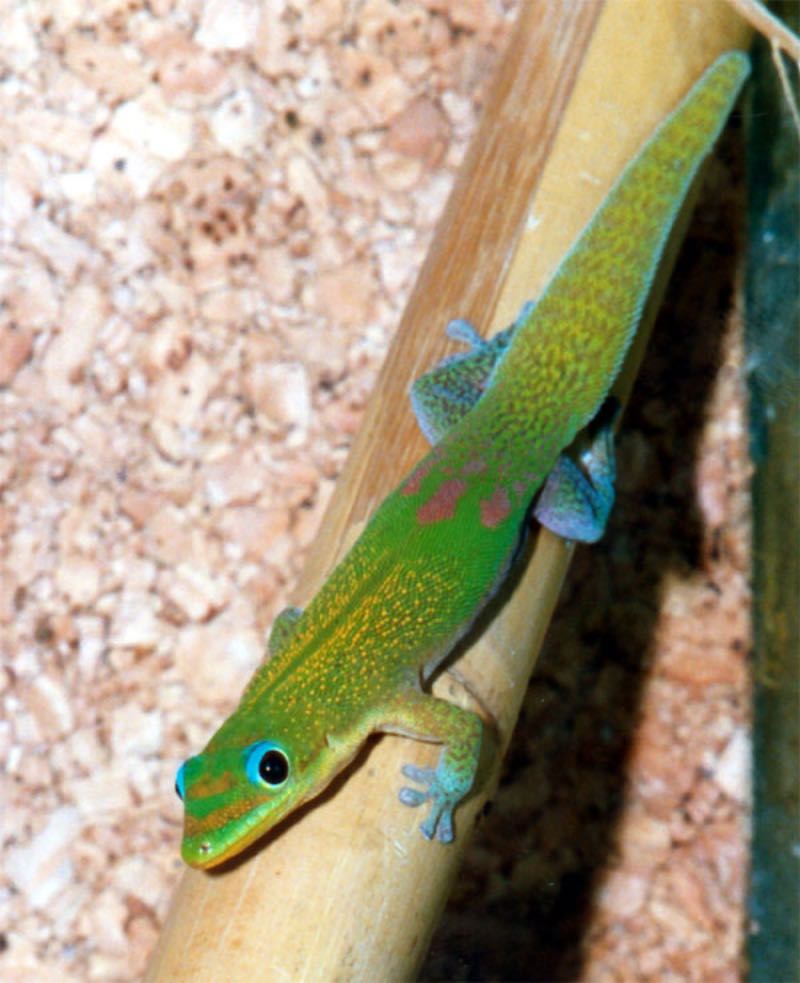If you have ever seen a Gecko try to climb on something, you know that there is no surface that they can’t attach themselves to. This is probably one of the biggest disadvantages we have as humans, as with our hands and feet, there are multiple surfaces that are too slippery to climb. However, Scientists have discovered a new way of using a gecko-like grip for human beings, too. Keep reading and discover everything about it.
Why Gecko Grips?
When you look at Geckos climbing onto surfaces and objects, you’ll notice that they do it without effort. This is because they’re equipped with nanostructures that interact with surfaces on an atomic level, making it easy for them to hold onto things and detach whenever they want. It would be cool if humans could do the same, but unfortunately, we have usable thumbs, and they get a wall-climbing grip. Fair.. right? But what if we told you scientists have found a way to give us a similar grip? Keep reading to discover more. You won’t find yourself climbing walls like Spiderman yet, but the science looks promising!

In a study published by ASC Publications, scientists explain how they have created an anti-slip material that will mimic gecko toes and interact with surfaces in a similar way. This would offer grip and stability like never before and would be useful in multiple different industries.
No more falling on ice!
With this new game-changing anti-slip material, humans won’t have to fear falling on ice as much! The material mimics gecko toes, giving you traction within 1.5 milliseconds of touching the surface! With the potential for winter footwear and safety gear, this breakthrough could make icy falls a thing of the past! The material will prevent people from falling and will reduce the amounts of deaths caused by slipping on ice!
